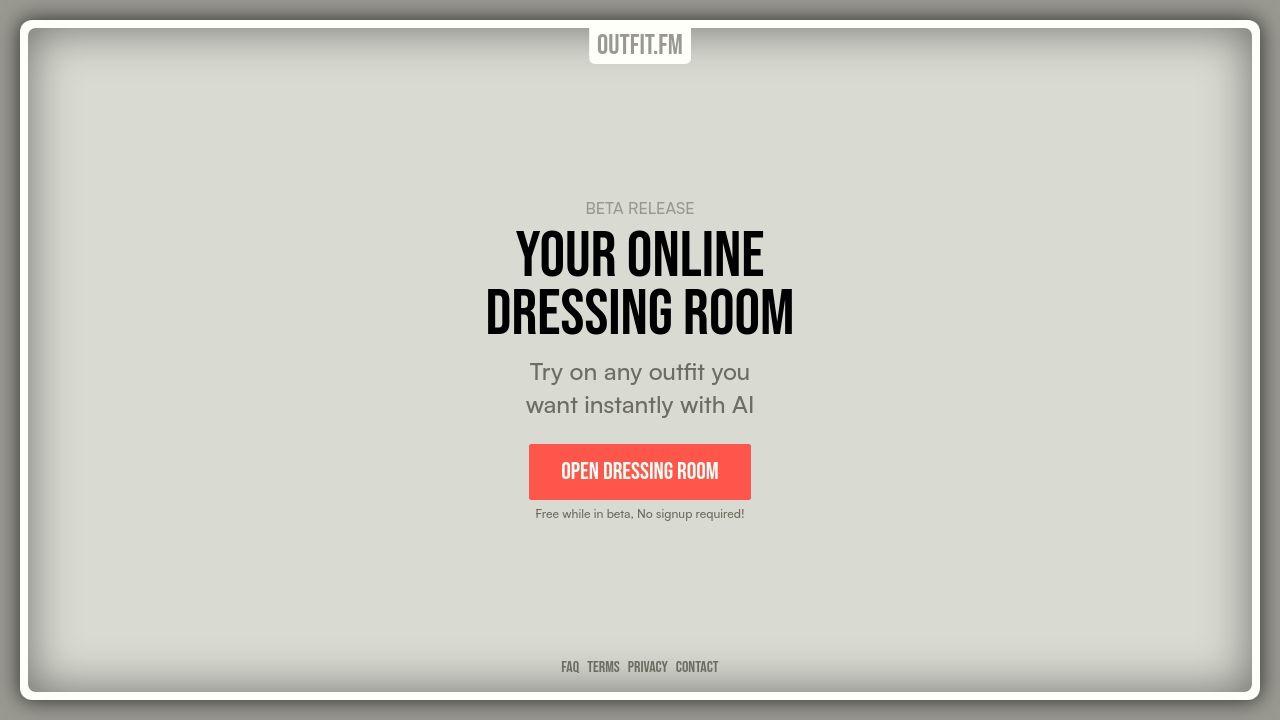Carly Quellman, aka Carly Que, is a multimedia strategist and storyteller at the intersection of technology and the humanities, investigating how perspective can enhance, rather than overstimulate, the world. She can be found online and near the closest south-facing window in Los Angeles.
How many clothing items, including shoes and accessories, do you own? My answer: 25. Literally only 25 items that are monochromatic and can work in multiple spaces, with an emphasis on investment pieces (read: expensive ergonomic shoes). And phew, does that get boring fast.
However, I also find the shopping experience tedious, and thrifting causes sensory overload for me.
I recently had a lot of fun creating premium, shoppable looks through the artificial intelligence app Doji, and wanted to find a platform that used AI to reimagine the clothes I already have. Enter: Acloset.
Acloset offers wardrobe digitization, where you can upload photos of clothing items and AI will categorize, tag and organize your items. It'll make outfit suggestions based on your selected body type, activities and local weather. You also have the option to log daily outfits and receive suggestions based on previous looks. The AI also offers the ability to personalize the service over time, utilizing the AI tool's memory bank.
ACloset features a free plan, which holds 100 items (which is more than enough for me and my 25 total items), or a paid subscription model at $30 to $120 a year after an annual discount. While it positions itself as a "smart closet in your pocket," it does emphasize versatility over shopping for new pieces, with its tiered offerings catering to users depending on their closet sizes, budget and level of commitment.
While my wardrobe is extremely and intentionally minimalistic, Acloset's AI suggestions felt helpful in getting the most out of my limited closet. Since I knew the upload process (for me) wouldn't take too long, I was open to seeing how Acloset could help with reimagining my wardrobe before I went out to make any additional purchases.
Using Acloset is pretty simple, though the manual uploads for each clothing item can take a while, depending on how pieces many you want to put in the system.
With competitors like trendy Whering and the highly organized Stylebook available, Acloset seems to combine the two with both AI wardrobe management and outfit planning with a focus on reducing overbuying or clothing waste -- with additional features like cost-per-wear and wear frequency analytics.
Acloset's focus is truly on simplicity. With AI integration, building from an existing wardrobe and a focus on reducing overbuying, I do see it as an assistant rather than a fashion inspiration app. If you are a minimalist or consider yourself someone with a "capsule closet," are sustainable minded or are simply busy, Acloset is a good choice for placing those characteristics in a digitalized format.
Something to consider is how often you utilize different apps and if you want to add another to your routine. I had to add Acloset to my phone's dock to serve as a visual reminder to use it, which I assume is a common problem for many of us in an oversaturated, highly technological world. However, since Acloset is an app and not a website, you can compile functionality in one place without navigating to the tool in a browser.
If you spend hours scrolling through social media apps to get inspiration, then maybe there's an opportunity to do the same through Acloset, but you can focus on the items you already have.
There's a message about gratitude in there, somewhere.


